The recent Los Angeles wildfires have left a trail of devastation, displacing thousands and destroying homes. Beyond the physical damage, the emotional and mental health consequences are significant. Experts emphasize the importance of acknowledging the psychological impact and seeking support during this challenging time.
Coping with Loss and Grief
Experiencing loss due to the fires can trigger a range of emotions, including shock, disbelief, and confusion. David Kessler, a grief counselor, describes this as "grief brain," where the mind struggles to process the unimaginable loss of home and security.
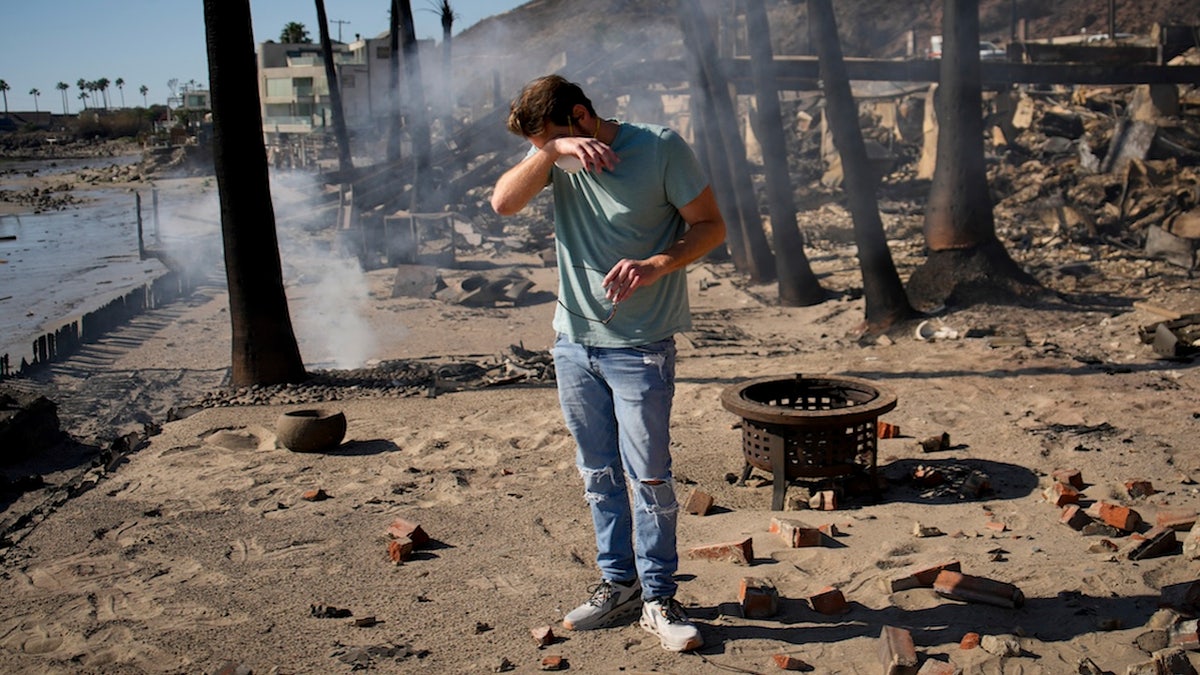
It's crucial to validate these feelings, even if others attempt to minimize the loss with well-intentioned but unhelpful comments. The loss of a home is a profound trauma that can take years to overcome.
Actor Steve Guttenberg, a resident of the affected area, shared his personal struggle with the emotional toll of the disaster, emphasizing the importance of mental well-being during this time.
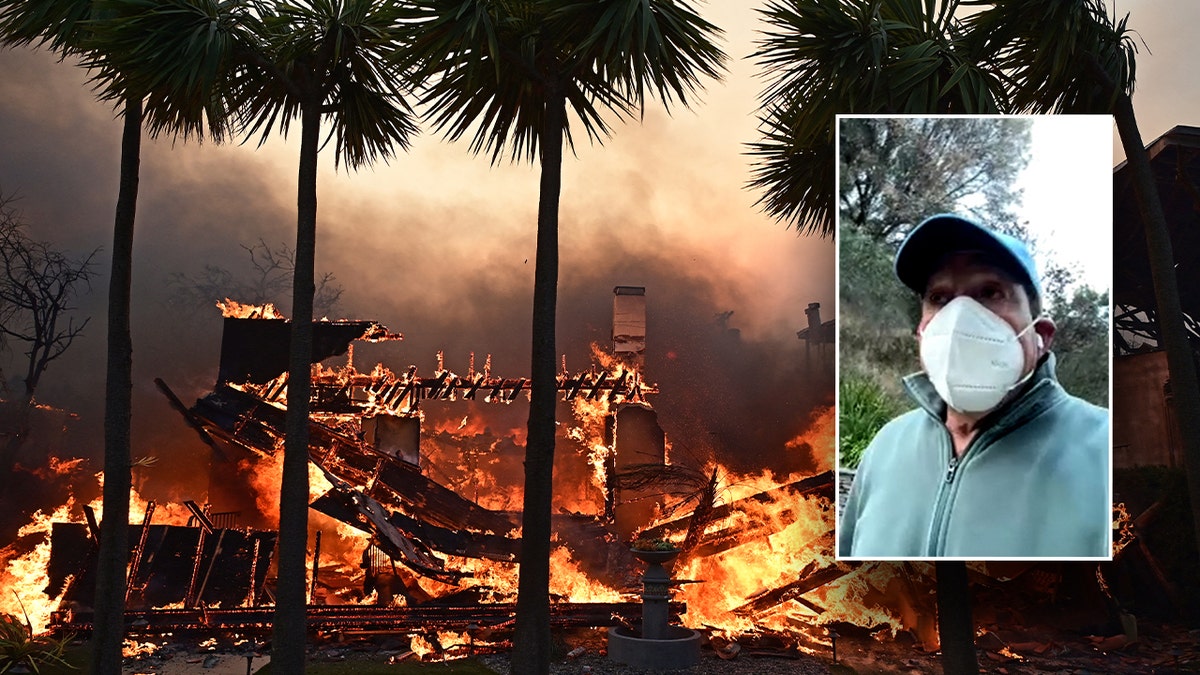
Seeking Support and Connection
Connecting with others is paramount in the aftermath of such a traumatic event. Guttenberg stressed the need for social interaction, encouraging people to reach out to friends and family for support. Experts agree that isolation should be avoided.
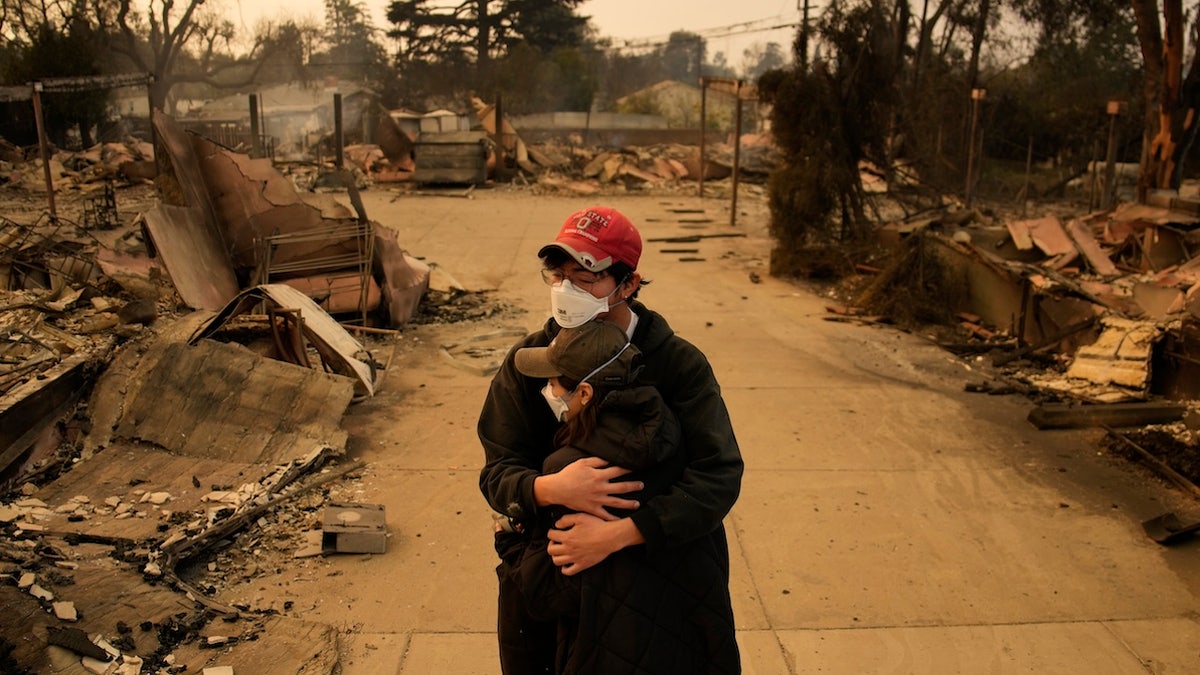
Pastor Jesse Bradley highlighted the importance of community and faith, urging individuals to lean on loved ones and spiritual resources for strength and comfort.
Taking Action and Regaining Control
Psychotherapist Jonathan Alpert recommends taking action, even small steps, to regain a sense of control. This could involve finding temporary housing, accessing resources, or beginning the rebuilding process. Creating a plan for the future can be empowering and help individuals move forward.
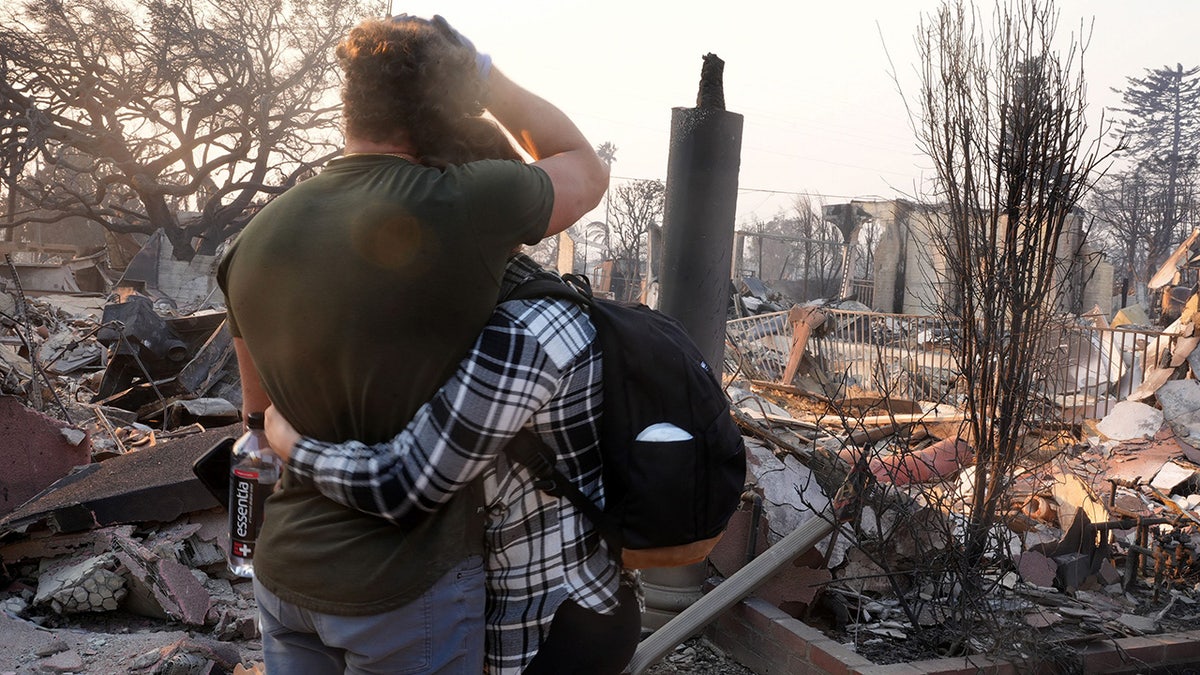
For those experiencing survivor's guilt, taking action to help others can be a positive coping mechanism.
Seeking Professional Help and Addressing PTSD
The emotional scars of the fires can be deep and long-lasting. Alpert warns of the potential for post-traumatic stress disorder (PTSD), characterized by flashbacks, anxiety, and difficulty functioning.

Seeking professional help for PTSD is essential. It's important to remember that PTSD is a treatable condition and doesn't diminish one's strength or character.
Finding Strength in Faith and Gratitude
Kessler emphasizes the importance of faith and spirituality in grounding individuals during times of fear and uncertainty. Guttenberg echoes this sentiment, encouraging reliance on belief systems for comfort and support.
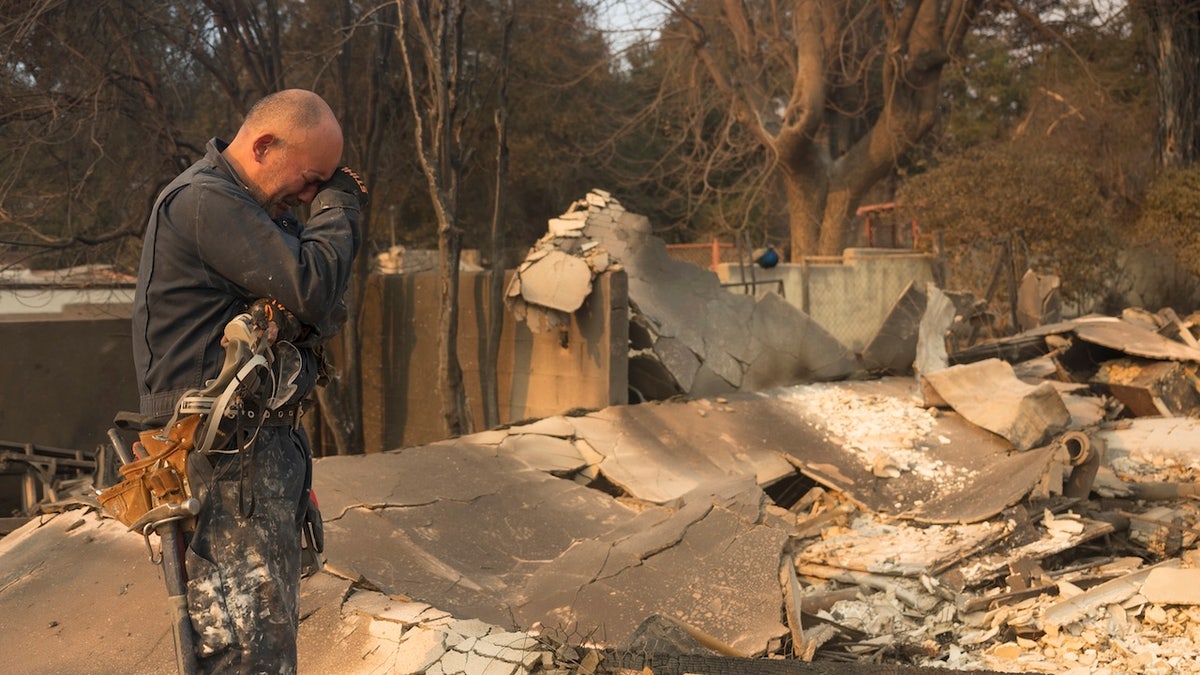
Pastor Bradley suggests focusing on gratitude, even amidst loss. Acknowledging the positive aspects of life can provide perspective and foster resilience.








